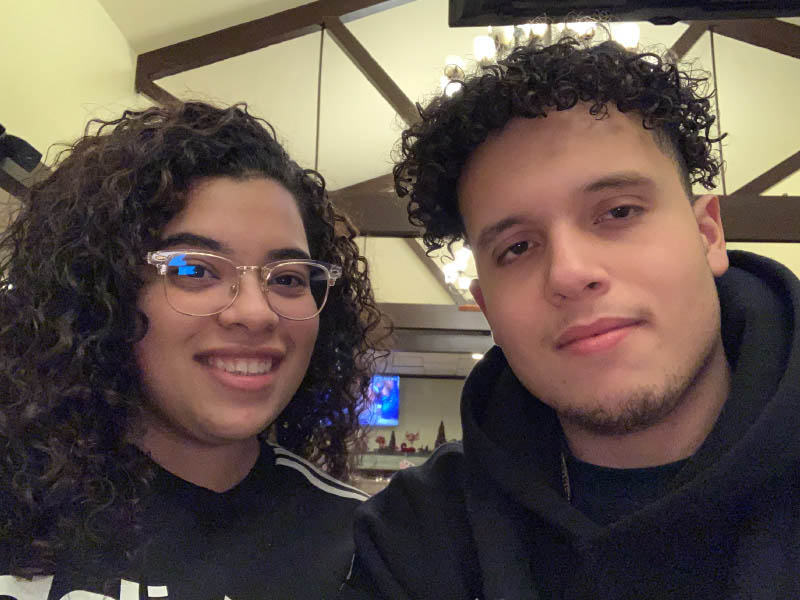After brother's diagnosis, New Jersey woman unlocks her own

As the cardiologist read through symptoms for her 14-year-old brother's hypertrophic cardiomyopathy diagnosis, Sara Amaya-Revelo had a sudden, shocking realization.
"My brother had no symptoms, but I had all of them," she said.
Hypertrophic cardiomyopathy, or HCM, is usually caused by abnormal genes that make the septum, a wall in the heart's main pumping chamber, thicken and stiffen, in some cases reducing blood flow into and out of the heart. Symptoms can include fatigue, fainting, shortness of breath, chest pain or heart palpitations. The severity can vary.
For more than a year, Amaya-Revelo got winded going up stairs and had chest pain. Heart palpitations often kept her awake.
Twice, she went to the hospital to consult with her doctor. But she was told it was likely anxiety or muscle pain. Having experienced a few tough years, she accepted the explanation.
When Amaya-Revelo was pregnant in 2010, she was diagnosed with high blood pressure. But she wasn't prescribed medication to control it until 2013. Shortly after that, while pregnant with her second daughter, she had preeclampsia.
Amaya-Revelo, who lives in Newark, New Jersey, put her health concerns aside after her daughter was born with serious health issues that required surgery and several hospitalizations. Stress and complications from a medication caused her to gain more than 100 pounds — further straining her heart.
Doctors discovered Amaya-Revelo's brother, Michael Amaya, had HCM from an abnormal electrocardiogram reading during a sports physical — triggering genetic testing for the entire family. She, her mother and now 11-year-old daughter carry a genetic marker for HCM, the most common form of inherited heart disease. It can affect people of any age.
"I was extremely scared," Amaya-Revelo said. "I thought it was a death sentence and my life had been cut in half."
People with HCM are at increased risk for atrial fibrillation, heart failure, stroke and sudden cardiac arrest. So teaming with health professionals from multiple disciplines and getting coordinated care are paramount.
When doctors placed an implantable cardioverter defibrillator in Amaya's chest, he felt liberated.
"Before the defibrillator, I felt stuck because I couldn't exercise or do any heavy exertion," he said. "It gave me the confidence to work out without being scared."
Amaya-Revelo has faced ups and downs as she works with health care professionals to manage her condition. Interacting with HCM patients as a medical assistant for a cardiology center has helped her feel less alone with her diagnosis and has inspired her. She also volunteers with the Hypertrophic Cardiomyopathy Association to raise awareness.
"I see patients in their 80s, and that makes me happy to know that I could live that long and be that strong," she said.
The Hypertrophic Cardiomyopathy Association participates in the American Heart Association’s Hypertrophic Cardiomyopathy initiative to improve HCM awareness and care.





